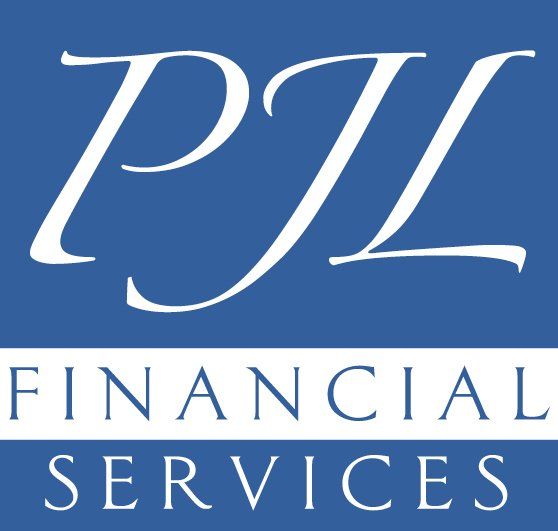The Information Hub
What are Distribution Bonds?
Interest only accounts such as building society accounts are a useful way to manage your cash over the short term, for buying household goods or saving for next year’s holiday. Furthermore, your original investment is usually guaranteed. However, the money earned on interest only deposits can be undermined by the effects of inflation.
The concept of the distribution bond is to allow investors to take advantage of stock market growth, whilst at the same time enjoying the benefits of a relatively cautious investment. The aim is to provide distributions that over the medium to long term would exceed the rate of inflation and the interest rate of building society deposits and produce some capital growth.
A distribution bond allows the smaller investor access to the top investment professionals, their expert analysis and proven experience. The strategy behind the distribution bond is to not only select the right types of investments but to ensure the right investment mix is achieved in order to maximise the potential for income and capital growth whilst minimising risk. Instead of concentrating exclusively on one investment area and hoping it performs well, the bond’s investments are split in such a way that whatever the investment conditions are at least part of the fund’s assets should be producing a positive return. The concept of risk spreading is a valuable safeguard against falls in the stock market, although there are no guarantees.
As well as aiming for capital appreciation you can use the distribution bond as a way of receiving income which is normally distributed twice a year. The income received from your bond is not the same as interest you would receive from a building society account. The income you receive is generated from the investment holdings in the bond, such as fixed interest investments, dividends and interest from money held on deposit. Any income you receive is considered to be a withdrawal of capital and if you start taking income too early, what you receive maybe made up from your original investment. Any tax you may have to pay on this income would depend on the size of the withdrawals and income you receive from other sources.
The distribution bond is an investment vehicle that allows the cautious investor exposure to stock market investments that have historically outpaced inflation. It is a medium to long term investment and you should consult an independent financial adviser who can determine the best type of investment to suit your needs and the best company to arrange this investment with.
If you would like to learn more about this subject or require Independent Financial Advice from our local, experienced and friendly team, please feel free to contact us on 01788 57 11 22.
The information provided is based on our current understanding of the relevant legislation and regulations and may be subject to alteration as a result of changes in legislation or practice. All references to taxation are based on our understanding of current taxation law and practice and may be affected by future changes in legislation and the individual circumstances of the investor.
PJL Financial Services Limited are authorised and regulated by the Financial Conduct Authority.
Your home may be at risk if you do not keep up repayments or other loans secured against it.













